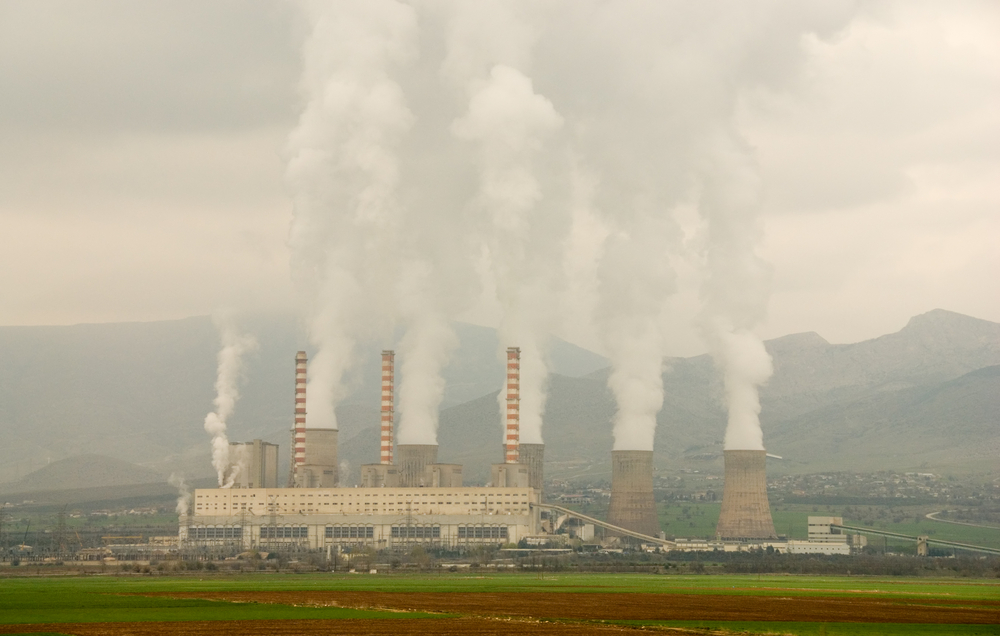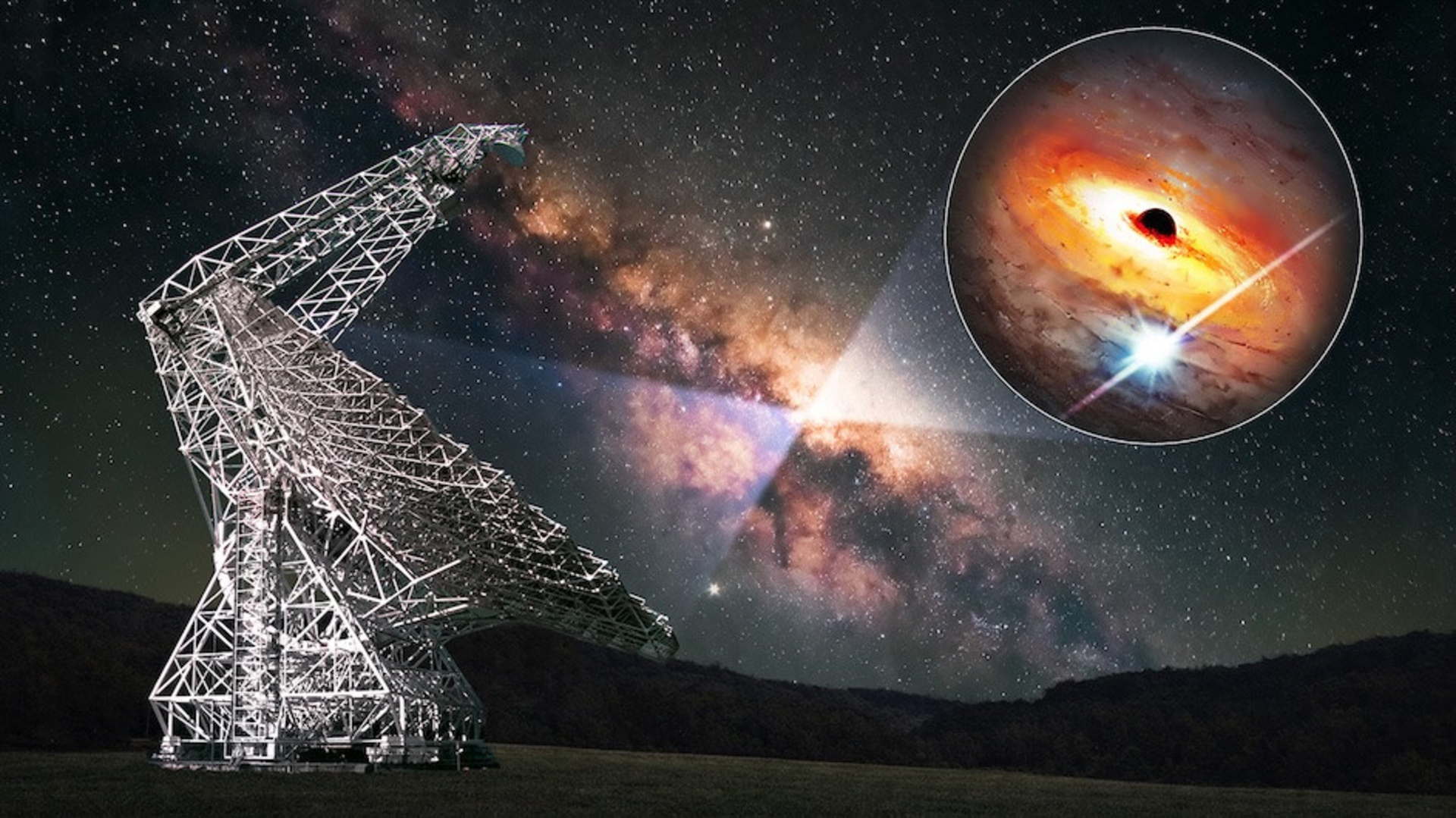4 Things to Know About the IPCC's Climate Change Report

Get the world’s most fascinating discoveries delivered straight to your inbox.
You are now subscribed
Your newsletter sign-up was successful
Want to add more newsletters?

Delivered Daily
Daily Newsletter
Sign up for the latest discoveries, groundbreaking research and fascinating breakthroughs that impact you and the wider world direct to your inbox.

Once a week
Life's Little Mysteries
Feed your curiosity with an exclusive mystery every week, solved with science and delivered direct to your inbox before it's seen anywhere else.

Once a week
How It Works
Sign up to our free science & technology newsletter for your weekly fix of fascinating articles, quick quizzes, amazing images, and more

Delivered daily
Space.com Newsletter
Breaking space news, the latest updates on rocket launches, skywatching events and more!

Once a month
Watch This Space
Sign up to our monthly entertainment newsletter to keep up with all our coverage of the latest sci-fi and space movies, tv shows, games and books.

Once a week
Night Sky This Week
Discover this week's must-see night sky events, moon phases, and stunning astrophotos. Sign up for our skywatching newsletter and explore the universe with us!
Join the club
Get full access to premium articles, exclusive features and a growing list of member rewards.
This week, the Intergovernmental Panel on Climate Change (IPCC), an international organization established by the United Nations to assess the science, risks and impacts of global warming, will release its latest big report on the science of climate change — the group's first assessment since 2007.
The findings, which are based on the aggregated results of the most recent published and peer-reviewed climate change research, will be released Friday (Sept. 27), and represent the first of four sections that will make up the IPCC's Fifth Assessment Report, or AR5. Other parts of the report examine socioeconomic impacts and potential ways to mitigate the effects of climate change.
This week's so-called Working Group I report is expected to include summaries on melting glaciers, greenhouse gas emissions, sea level rise and the impact of human activities on the global climate. With its release only days away, here are four things to know about the IPCC report:
1. The report's estimates are conservative.
Thousands of scientists and other experts across a diverse range of fields participate in writing and reviewing the IPCC reports, which are generally released every five or six years. Drafts of the report are subject to an extensive review process, which includes hundreds of outside experts and representatives from more than 120 participating countries. [8 Ways Global Warming is Already Changing the World]
Since the IPCC reports are designed to represent consensus on the state of climate change within the scientific community, estimates on the consequences of global warming are typically conservative, with tendencies to underestimate rather than overestimate the potential effects.
"Scientists come to a consensus statement, which historically, has been very conservative," said James McCarthy, a professor of biological oceanography at Harvard University in Cambridge, Mass., who has been an author, reviewer and co-chair on previous IPCC reports. "It's a tedious process, but it's what gives this entire endeavor the value that it has."
Get the world’s most fascinating discoveries delivered straight to your inbox.
2. While they attracts attention from the general public, the IPCC reports are really intended for policymakers.
As climate change issues have garnered more public attention across the globe, so too have the IPCC reports. But, while the research contained in the assessments may be of general interest, the reports are intended to help policymakers guide negotiations on climate policy.
When the IPCC was established by the U.N. in 1988, many of the contributing authors did not anticipate the amount of public interest seen in recent years.
"In the 1980s and 1990s, the IPCC was not really of any public interest — we were just doing a job, and the products were received by governments," said Richard Klein, a senior research fellow at the Stockholm Environment Institute in Sweden.
Since then, the level of interest in the IPCC reports has increased, as more parties feel they have a stake in the climate debate, said Klein, who is one of the authors of the AR5's Working Group II report, which is scheduled to be released in March 2014. [6 Unexpected Effects of Climate Change]
"Now there is a lot of public interest, corporate interest and interest among governments at all levels, including local governments," Klein told LiveScience. "I think it's fair to say there are very different expectations now with the IPCC, but at the same time, the objective is the same, and its primary audience remains governments.
3. The IPCC reports do not include original research.
The IPCC's mission is to collect and assess the most recent published and peer-reviewed research on climate change. From this extensive body of work, the teams of authors put together comprehensive assessments of the science of climate change, the potential impacts of global warming, and possible ways to mitigate the effects.
The report's authors do not conduct original research for the assessments, so the IPCC reports largely function as summaries of the state of the field.
4. The IPCC is considered the world's leading climate change advisory body.
As an intergovernmental organization that includes input from thousands of scientists and experts, the IPCC is considered the authority on climate change and global warming. The group's reports, with their focus on peer-reviewed research, undergo a meticulous review process involving thousands of scientists and government representatives.
"It's the most elaborate review and approval process for any scientific report in the world," said Alden Meyer, the director of strategy and policy for the Union of Concerned Scientists, a science advocacy group headquartered in Cambridge, Mass.
As a result, the findings of the IPCC reports, while conservative, are generally used as benchmarks in the field of climate research.
Follow Denise Chow on Twitter @denisechow. Follow LiveScience @livescience, Facebook & Google+. Original article on LiveScience.

Denise Chow was the assistant managing editor at Live Science before moving to NBC News as a science reporter, where she focuses on general science and climate change. Before joining the Live Science team in 2013, she spent two years as a staff writer for Space.com, writing about rocket launches and covering NASA's final three space shuttle missions. A Canadian transplant, Denise has a bachelor's degree from the University of Toronto, and a master's degree in journalism from New York University.
 Live Science Plus
Live Science Plus










